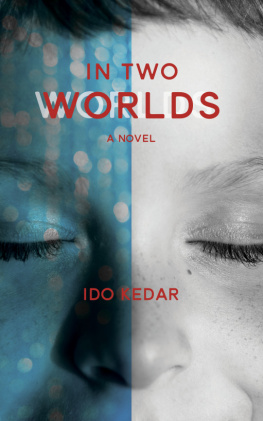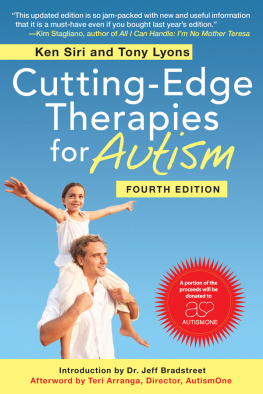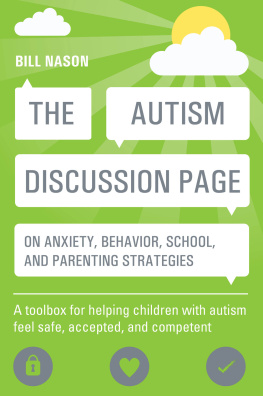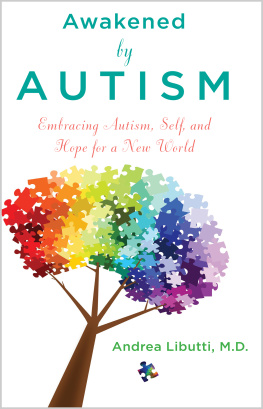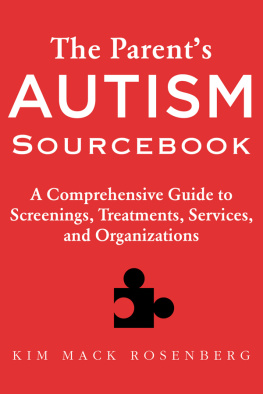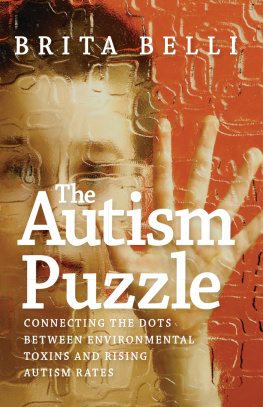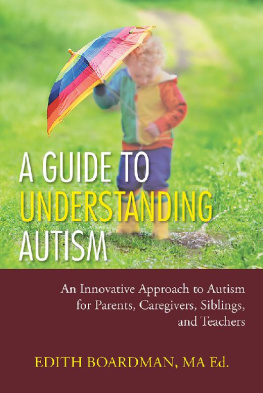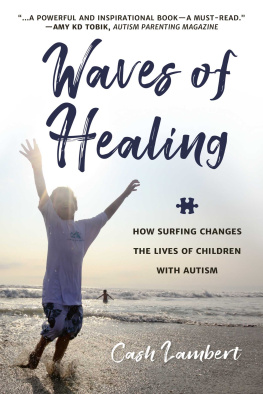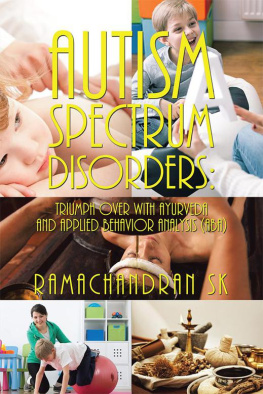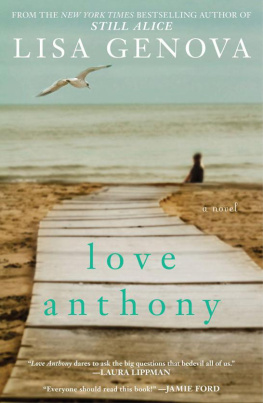In Two Worlds
A novel
Published by Double Buck Publishing,LLC at Smashwords
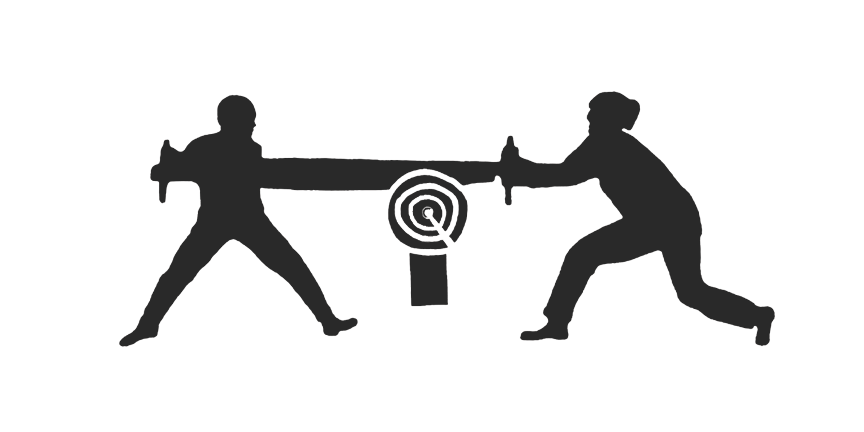
Copyright 2018 Double BuckPublishing, LLC
All rights reserved.
Smashwords Edition, License Notes
This ebook is licensed for your personal enjoymentonly. This ebook may not be re-sold or given away to other people.If you would like to share this book with another person, pleasepurchase an additional copy for each recipient. If youre readingthis book and did not purchase it, or it was not purchased for youruse only, then please return to your favorite ebook retailer andpurchase your own copy. Thank you for respecting the hard of thisauthor.
Table of Contents
To those who have yet to find their voices.
Acknowledgements
This book was an enormousundertaking for me. I learned so much about how to write like anovelist from Leora Romney. Great thanks to her for her insightsand editing guidance. Much appreciation also goes to Andrea Widburgfor her helpful feedback, Sara Bildner for her sharp eyes and RichGarbarino for making it look just right. Huge gratitude to RozRomney for her cover artistry. Finally, I must thank my wonderfulparents who have been so supportive throughout my ups and downs,and to my lovely sister, who has joined me on thisjourney.
Authors Note
I started writing my first book when I was inmiddle school and finished it when I was in early high school. Ifelt consumed with a sense of urgency to educate others about thetrue experiences of a person who has so-called low functioningautism. I have resented my entire life the concept of low and highfunctioning when applied to autism. The terms fool people intothinking that all autisms are the same, just differing by thedegree of functionality. Nonspeaking people like me, who had nomeans to communicate and didnt benefit much from years of speechtherapy or intensive ABA therapy, were written off in thelow-functioning category. Because I alone knew how much I knewthatI could read, spell, calculate, think, and problem solve butremained trapped inside a non-obeying bodyI came to have genuinecontempt for many of the most arrogant and foolish professionals Isaw. This made me cynical at a young age. I think it is much likean innocent person being accused of a deed they didnt do buthaving no means to counter the incorrect facts. My autism wasexplained incorrectly in front of me a thousand times. So, once Ibecame a proficient communicator, I had an urgent need to educateothers about the true nature of my misunderstooddisability.
My book, Ido in Autismland: Climbing Out ofAutisms SilentPrison, has surpassed my hopes inchanging the conversation about autism. I have seen movement inattitudes and acceptance, but there is still much more that can beimproved. In Ido in Autismland, I tried to explain what mylife was like and counter the widespread belief that nonspeakingautism, long deemed an intellectual, language processingdisability, is, for me and for many others, a severe breakdown inthe bodys ability to respond correctly to the minds instructions.Though there are people who do have difficulty processing speechand understanding emotions and who struggle with theory of mind orempathetic insight, I myself cannot identify with their challengesbecause I have a different disability. I have always processedauditory speech at a high level and understood human emotions, butI dont behave normally, not because I dont understand, butbecause my motor system is so mucked up. Imagine being paralyzed ineffect, yet moving around to the bodys own commands. This mightinclude impulsive, unpredictable actions, self-stimulatorybehavior, challenges with emotional regulation, poor initiation,clumsy movements and the inability to communicate verbally or byhandwriting. Over time, well-practiced neural routes get moreefficient, allowing more body control in that action. Now I havemuch more motor control in hundreds of actions that were out ofreach for me as a young boy, but I am still far from normal in mymotor capacity.
It may be confusing to those observing us because wecan do some things well, some things inconsistently, and somethings not at all. This confounds scientists, our own parents, andeven ourselves. Whatever is going on neurologically to create thesechallenges remains a mystery. Why should I be able to type on aniPad but not to perform other, seemingly trivial tasks? Who knows?I wish I did. However, it is important that you understand that ittook me years to reach the fluency I now enjoy in typing. My indexfinger touching letters has become a more practiced neurologicalpathway for me. Because of this inconsistency in performance,nonspeaking autism remains a source of confusion to researchers andspecialists. Yet the inconsistency itself sheds light on something,I imagine, that could help us to understand this neurologicalcondition better. I have been blogging for many years about autism.My blog and my book have been used as a source of information forpeople to learn about autism from a person with autism. That maysound kind of obvious, but it is far from commonplace.Historically, autism has been described by non-autistic experts wholook at our outsides and claim to understand our insides. Becausemany of the objects of their expertise had no means to communicateor correct their ideas, little changed in theories or treatment.However, over the last decade or so, more and more autistic peoplehave been learning to communicate by pointing to letters on boardsor by typing on augmentative communication devices. To be precise,that means typing using one finger. Our motor systems remaininconsistent, as I mentioned, and ten-finger typing demands adegree of fine motor control beyond the ability of one with severebody apraxia.
I became interested in writing another book whensomeone suggested to me that I should consider writing a novel. Iloved the idea of writing fiction because it gave me the chance tobe creative, to delve deeply into a character and his story, and tobe able to describe more aspects of autism from many angles. Ibelieve this book is the first novel ever written by a person withnonspeaking autism who touches letters to communicate. It is my ownwork. No one else wrote it. I wish I didnt need to say that but Ibelieve I still do.
I suspect many people will assume that Anthony is meand I am Anthony, but he is not me and I am not him. This is a workof fiction. I certainly used my own experiences to help meunderstand him, and some of his experiences did happen to me, butmany of them did not and are the products of my imagination. Ilearned to communicate at the age of seven and Anthony was an olderteenager when he finally was taught how to communicate. My familyis not his. The other characters are invented, or perhaps inspiredby composites of people, but I have met none of them in my ownlife. Nevertheless, the characters represent real people, and thestruggles are the real struggles of parents, siblings and peoplewith autism. It has its heroes and its villains.
In Two Worlds is the story of one boy withautism, yet I think you will find many other people who share someof his story.
Part I
What is it that we human beings ultimately depend on? Wedepend on our words. We are suspended in language. Our task is tocommunicate experience and ideas to others.
Niels Bohr
Beach Day
Anthony enjoyed going to the ocean. He loved the coldwater on his hot body. He loved the hot sand tickling his barefeet. He loved the sensory pleasures of the ocean breeze on hisskin, the whitecaps breaking and the seabirds running after thewaves. He enjoyed finding seaweed that washed ashore and stompingon the air bubbles. Seaweed was enticing. It twirled and trailedafter Anthony in fascinating patterns. Putting it all together, theocean was a huge rush, thrilling every sense, even taste.
Next page
